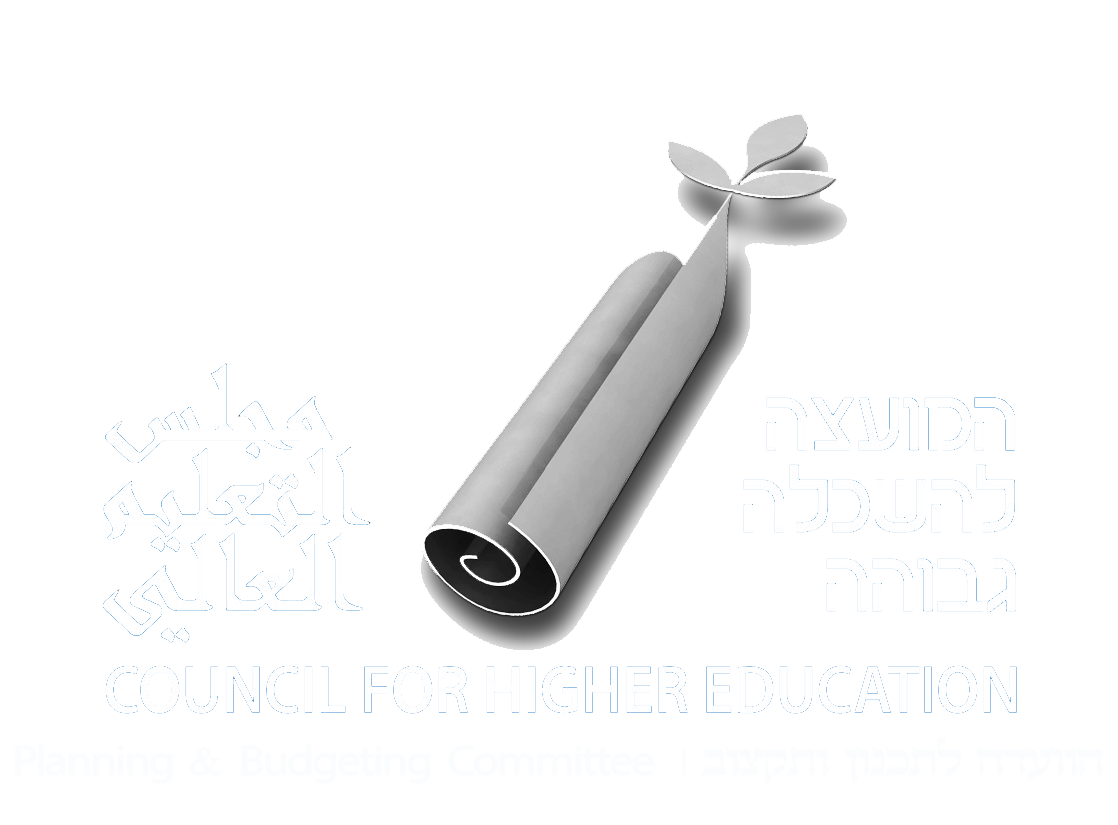About the AI National Program
The Israeli National AI Program is a collaborative, holistic, and cross-ministerial effort for securing Israel’s long-term leadership in AI. By creating a long-term strategy, providing massive investments for AI infrastructure and, promoting an AI supportive environment, we aim to ensure Israel’s leading position as an AI powerhouse, and unlock its vast potential benefits for both the economy and society as a whole. Leveraging Israel’s extensive eco-system, fostering multi-disciplinary collaboration between academia, industry, and government, our goals range from advancing AI research and development, to nurturing a thriving AI ecosystem, promoting ethical AI practices, and ensuring Israel’s global leadership in AI innovation. Join us in shaping the future of AI and unlocking its vast potential for the benefit of society and the economy alike.
Categories







by Organization Name
Call for proposals for Large Models’ Training Lab to Accelerate AI Research
Read moreFilter by Categories
Calls for Proposals
View All Calls For Proposalsby Organization Name
Call for proposals for Large Models’ Training Lab to Accelerate AI Research
Read moreby Organization Name
Call for proposals for High-Performance Computing (HPC) Services Infrastructure
Read morePodcasts
View All PodcastsPress Releases
See All Press ReleasesIsrael launches new programs to address AI talent shortage
15.12.2024Israel establishes national expert forum to guide AI policy and regulation
23.09.2024Ranked 7th in the World in AI Development, Israel Invests $133M in Phase 2 of National Program
18.09.2024Reports
View All Reports
Joint Announcement:

Guiding Principles

The National Initiative For Secured Intelligent Systems -






